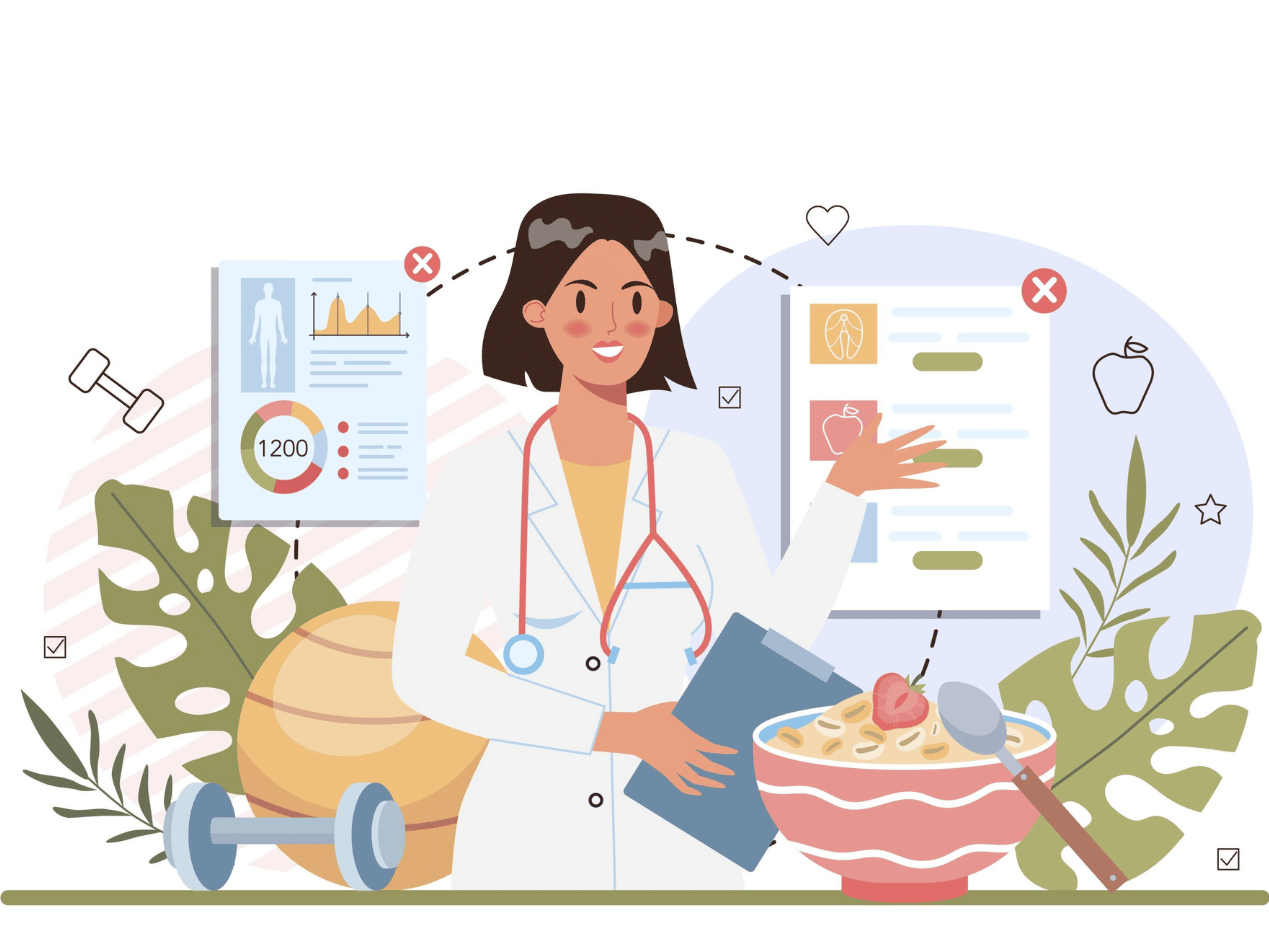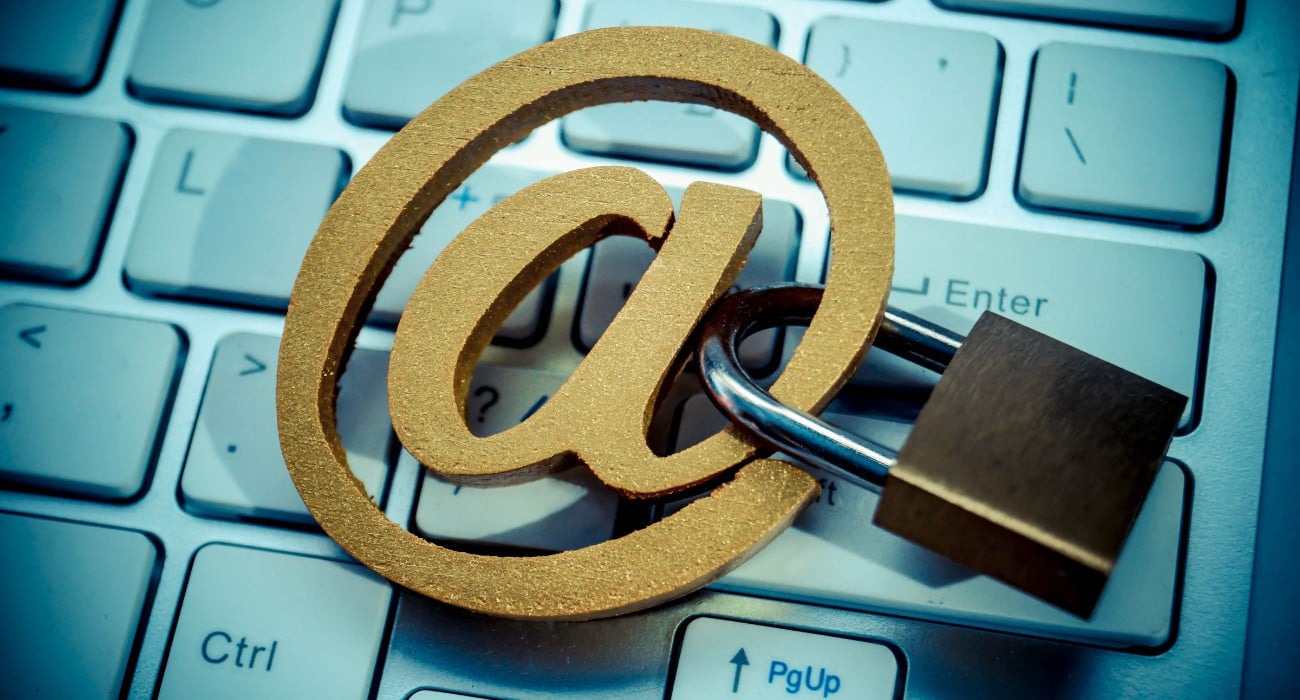
As a healthcare professional, you may have heard of HIPAA (Health Insurance Portability and Accountability Act), a federal law that sets standards for the protection of protected health information (PHI).
You may be wondering whether nutritionists are required to follow HIPAA guidelines and, if so, what that means for your practice.
Since we've had customers and prospects ask, this post will answer the question: "do nutritionists need to follow HIPAA guidelines?"
Nutritionists and Covered Entities
A nutritionist is a healthcare professional who specializes in the study of nutrition. The term is often used more broadly to refer to anyone who gives advice about nutrition. Some nutritionists have a degree in nutrition or a related field, but others may have only taken a few courses or received self-education in nutrition.
Nutritionists may work in a variety of settings, including hospitals, schools, and private practices. They may also be involved in public health efforts to promote healthy eating habits.
In general, nutritionists are not considered covered entities under HIPAA and are not required to comply with HIPAA requirements.
Covered entities are defined as healthcare providers, health plans, and healthcare clearinghouses that create, receive, maintain, or transmit PHI.
Nutritionists and Business Associates
There are certain situations however, in which a nutritionist may be considered a business associate under HIPAA and be required to follow HIPAA guidelines.
Business associates are organizations or individuals that perform functions or activities on behalf of, or provide certain services to, covered entities that involve the creation, maintenance, or transmission of PHI.
For example, if a nutritionist works in a hospital or other healthcare facility and has access to patient health information, they may be considered a business associate and be required to comply with HIPAA. Similarly, if a nutritionist provides nutrition counseling over the phone or online and collects or transmits personal health information in the course of their work, they may also be considered a business associate and be required to follow HIPAA guidelines.
Two Questions to Ask when it comes to Nutritionists and HIPAA Compliance
If you are a nutritionist and aren't sure whether you are considered a business associate under HIPAA, you should consider the following questions:
- Do you work in a healthcare setting or provide services in a way that involves the creation, maintenance, or transmission of PHI?
- Do you have a business relationship with a covered entity that involves the creation, maintenance, or transmission of PHI?
If you answer "yes" to either of these questions, you may be considered a business associate under HIPAA and be required to follow HIPAA guidelines.
Conclusion
So, what does it mean to be HIPAA compliant as a nutritionist? If you are a business associate under HIPAA, you will be required to enter into a business associate agreement with the covered entity and follow HIPAA requirements, such as maintaining the confidentiality, integrity, and availability of PHI, and implementing appropriate safeguards to protect it.
In addition to these requirements, you should also be familiar with the HIPAA privacy rule, which sets standards for the use and disclosure of PHI, and the HIPAA security rule, which sets standards for the protection of electronic PHI (ePHI).
HIPAA compliance is important for any healthcare professional, including nutritionists, as it helps to ensure the privacy and security of PHI and protect the rights of patients.
If you are a nutritionist and are unsure whether you are subject to HIPAA requirements, it is important to seek legal advice or guidance from sources such as your employer, professional association, or legal counsel.
Subscribe to Paubox Weekly
Every Friday we'll bring you the most important news from Paubox. Our aim is to make you smarter, faster.

 Hoala Greevy
Hoala Greevy



